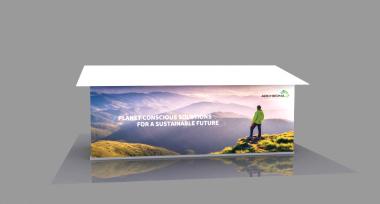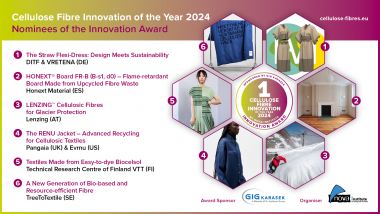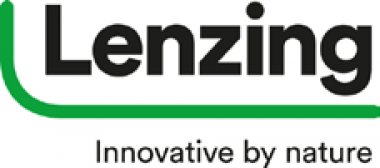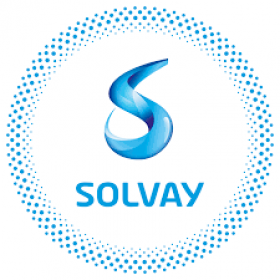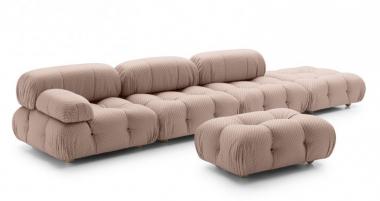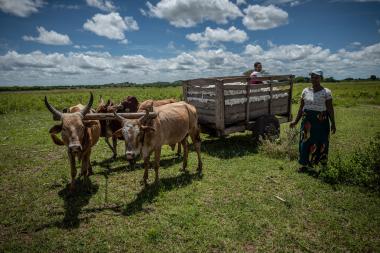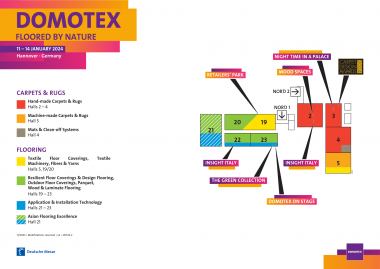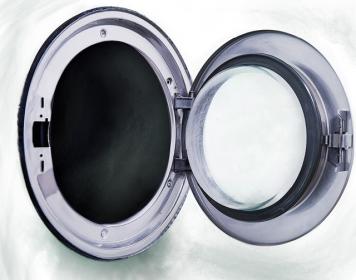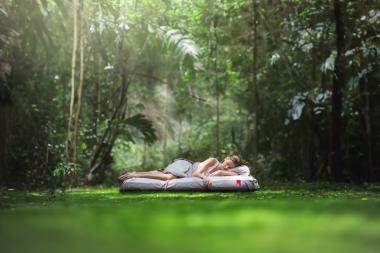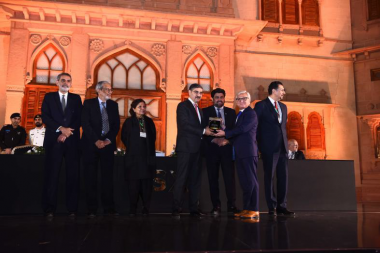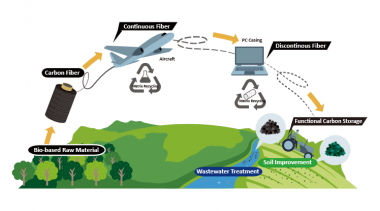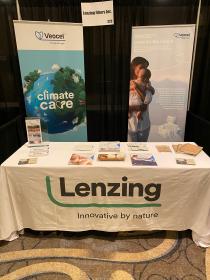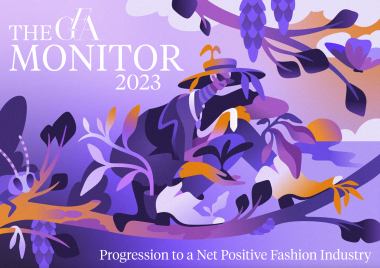Archroma showcases Super Systems+ at Colombiatex 2024
Archroma is showcasing its planet conscious innovations and solution systems at this year’s Colombiatex de Las Américas, being held from January 23 to 25, 2024.
Archroma is using its attendance at Colombiatex 2024 to introduce a new concept that promises to help the region’s brands and mills optimize their productivity, add value to their products and create a positive impact on the environment: Super Systems+.
The Super Systems+ solutions offer great performance, including end-product durability, while meeting sustainability targets with cleaner chemistries that comply with current and anticipated industry regulations or deliver resource savings, or both. Solutions are currently available for popular end-use segments, from denim to cotton and poly-cotton knits.
For black denim with a cleaner environmental footprint, brands and mills can choose DIRESUL® EVOLUTION BLACK to create unique shade and wash-down effects with an overall impact reduction of 57% compared to standard Sulfur Black 1 liquid.* For authentic blue denim, Archroma’s aniline-free** pre-reduced DENISOL® PURE INDIGO 30 LIQ produces coveted indigo colors with the same performance and efficiency as conventional indigo dye, but in a more planet-friendly way.
To embrace circularity and create natural shades on cellulosic-based fibers including cotton, kapok, linen and viscose, brand owners can now turn to Archroma’s patented EarthColors® technology. It makes high-performance biosynthetic dyes from non-edible natural waste, such as almond shells, bitter orange residues and cotton production byproducts, helping conserve natural resources. For next-generation processing of polyester and its blends, Archroma’s ERIOPON® E3-SAVE all-in-one auxiliary combines pre-scouring, dyeing and reduction clearing in a single bath to achieve substantial savings of water, energy and time.
For weather protection and stain resistance that is both economically and environmentally sustainable, Archroma Super Systems+ draw on an extensive portfolio of fluorine-free durable water repellents.
* Ecotarrae lifecycle analysis
** Below limits of detection according to industry standard test methods
Archroma


